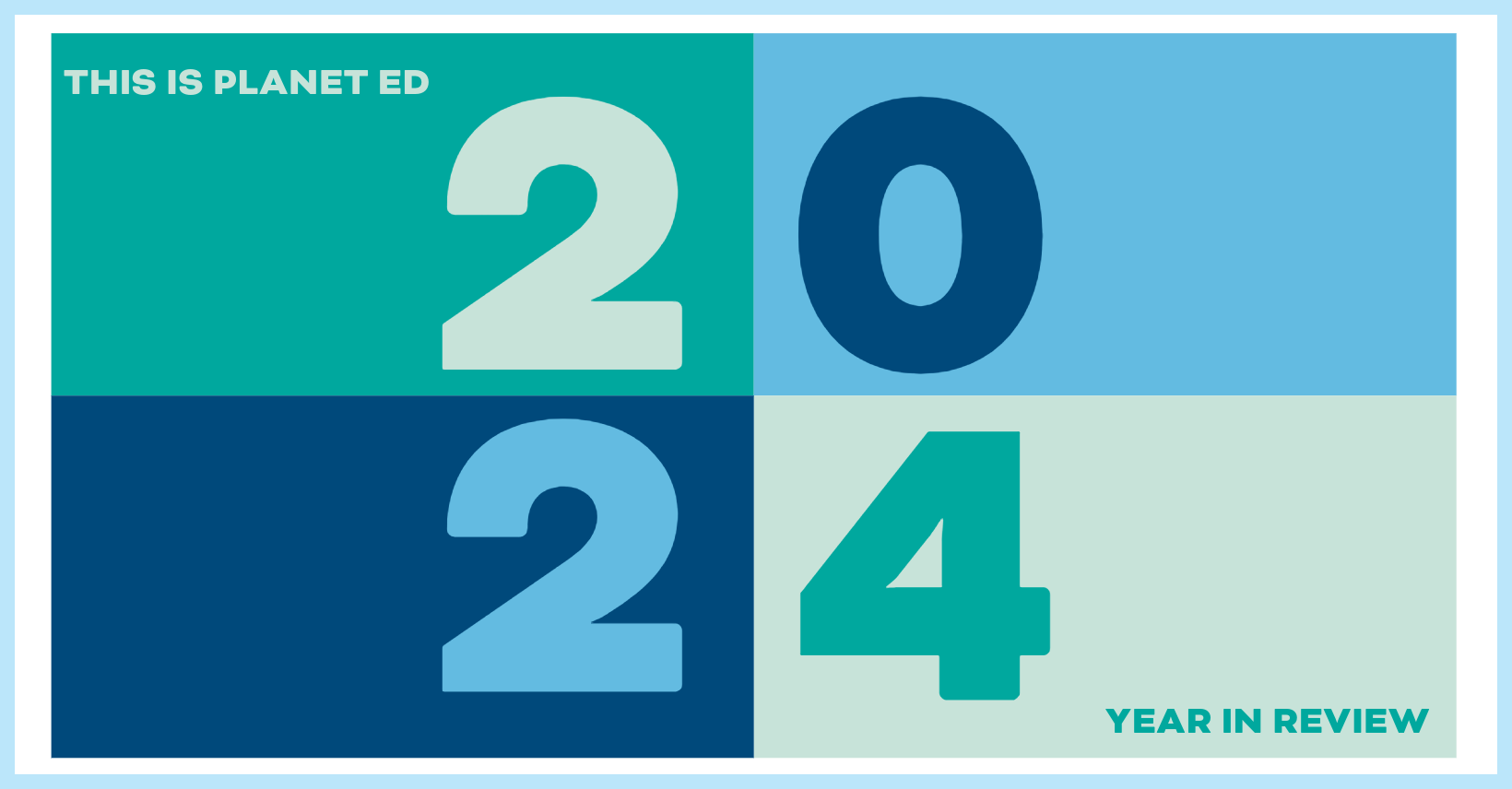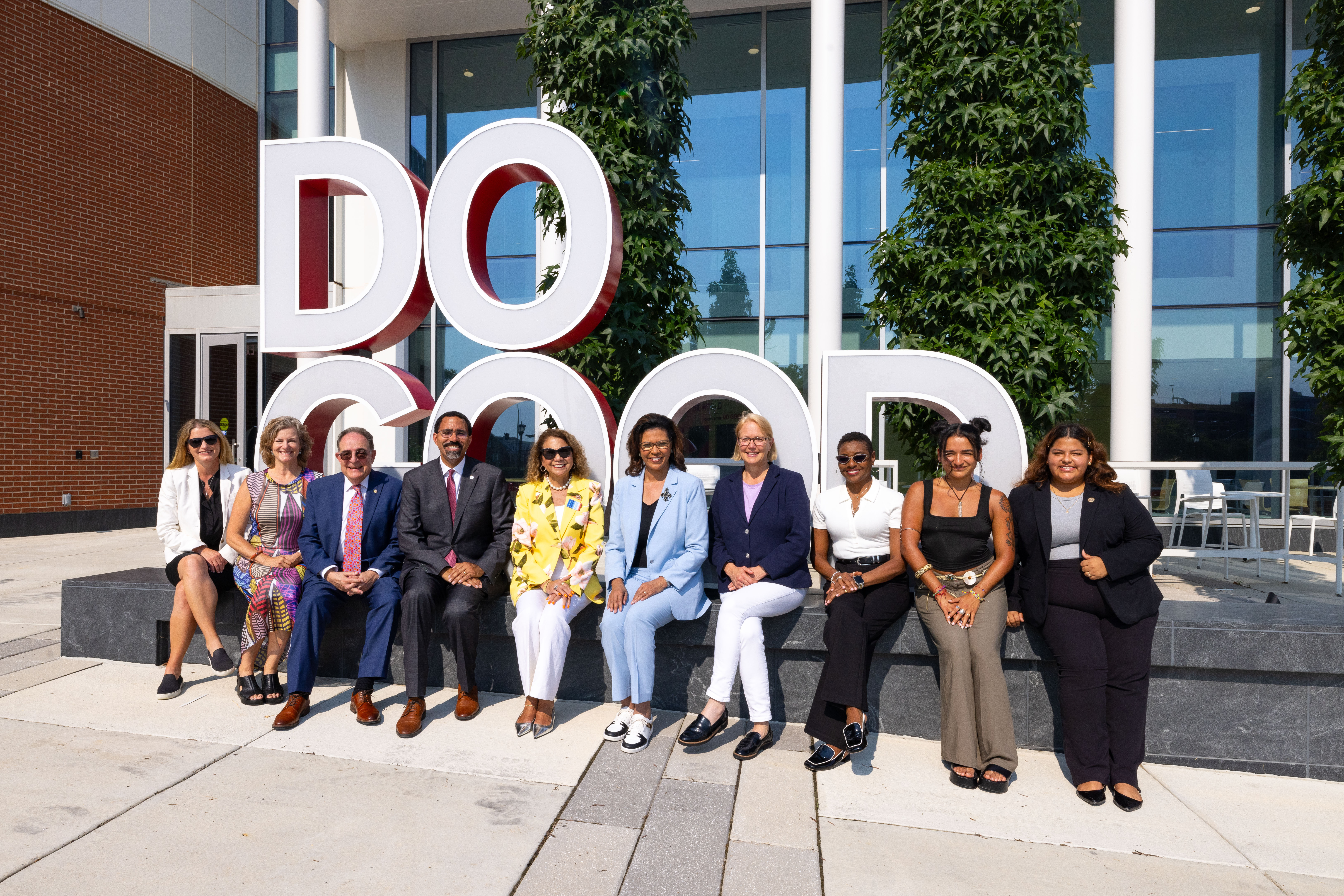Resources — Events
How We Talk About Climate Change With Kids
In March 2023, This is Planet Ed's Laura Schifter and Anya Kamenetz joined Azucena Qadeer for a discussion with Education Now at The Harvard Graduate School of Education.
Our children are experiencing the reality of climate change, here and now. A winter without snow; wildfire smoke that smears the skies; or something more disruptive, like a hurricane evacuation. Yet only half of parents say in polls that they have talked to their children about climate change.
It’s no wonder. Climate brings up emotions like fear, grief, guilt, anxiety, even dread in many adults. We may wish we could put off the conversation and maintain our kids’ innocence.
But few schools are teaching comprehensively about climate change, its impacts, and solutions–though that number is growing. And leaving our children to hear about climate from the media is impacting their mental health. In 2022, a nationwide survey of 14-22 year olds found three of four said they had experienced anxiety, stress, or overwhelm, as a result of consuming news about climate change.
More and more people are talking about talking about climate with kids. Last year, the National Science Foundation held a forum on climate science education for children, ages 5-11. I moderated a session where a group of scientists provided a script for talking about climate with kids this age. Judith Van Hoorn, a developmental psychologist, joined Claudia Benitez-Nelson, a professor of Earth, Ocean and Environment at the University of South Carolina; Kate Marvel, an Associate Research Scientist at NASA Goddard Institute for Space Studies and Columbia Engineering's Department of Applied Physics and Mathematics; and John Fraser, a conservation psychologist, educator and CEO of Knology. And since I joined Aspen’s This Is Planet Ed as an advisor last year, I’ve been listening to and learning from even more experts like Harriet Shugarman of Climate Mama, author of How To Talk To Your Kids About Climate Change; Sarah Newman of the Climate Mental Health Network; and Megan Slade of Talk Climate.
And at our Harvard Graduate School of Education webinar last month, Education Now: How We Talk About Climate Change with Kids, Laura Schifter and I got a chance to bring a young person into the conversation: Azucena Qadeer, a New York City high school student and organizer with the group Treeage, who Zoomed in from a lobby day in the state capital of Albany.
Qadeer shared that she thinks parents have been overprotective on the topic.
“Since COVID especially there’s kind of been a culture around parents of kind of protecting your children from anything bad in the world. And that’s an issue with the climate movement, that people think that it’s all bad. A lot of it is really scary… but there’s a lot of hope and actions we can take to create more hope.”
For her, the path to hope has been through action, and she encouraged parents to help young people join an organization and find a climate concerned community.
Here are some more tips from our panel for talking about climate with kids:
-Your key messages: it’s warming, it’s here now, it’s us, and it’s solvable.
-With young kids, lead with the simple facts, and try this metaphor: Many of our everyday activities produce carbon dioxide, or CO2, which circles the globe like a heat-trapping blanket. When that blanket gets too thick, the earth starts to get a fever. Lots of smart people are working on new ways to get the things we need without producing too much CO2, and we can help.
-With older kids, who have likely heard something about climate change already, find out what specific questions they have, and look it up together.
-Be ready to cope with emotions. Include self-care for you and your child, like handling anxiety directly with deep breathing.
-Emphasize that millions of people around the world are working hard on solutions. With a teenager, you might share this article that highlights the progress made in just the last five years. Doomsday scenarios are no longer so likely.
-Offer opportunities to take action as a family.
-Lean into our shared gratitude for the present, love and desire to care for nature and each other.

